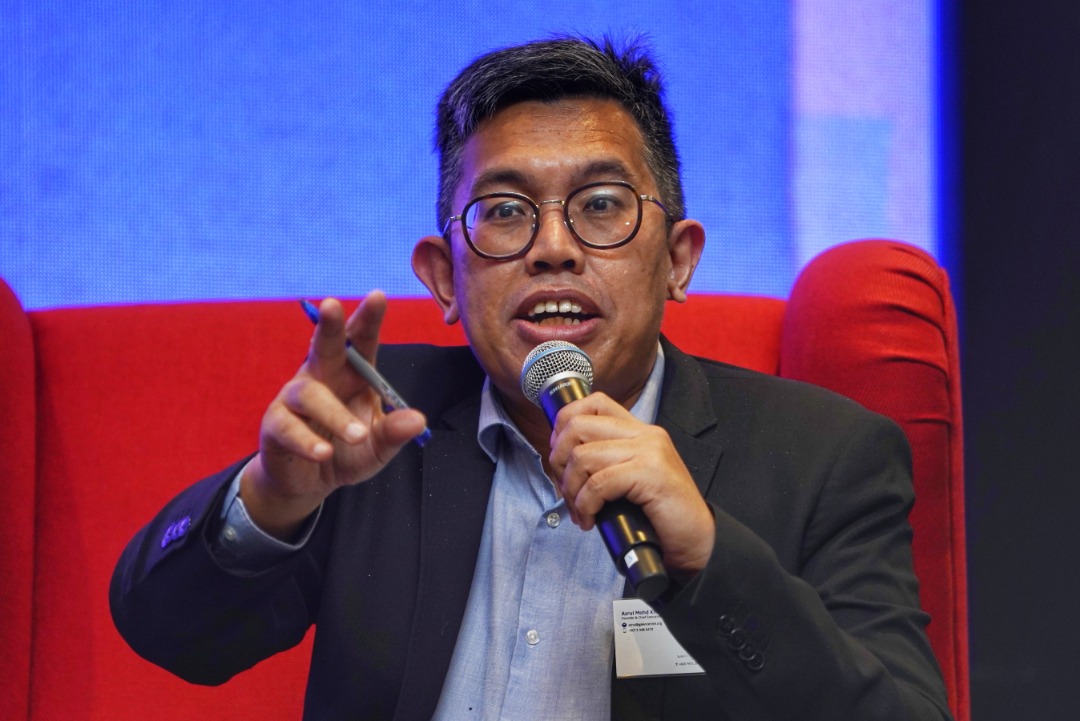KUALA LUMPUR, Oct 14 – The Galen Centre for Health and Social Policy has listed four key health issues for political parties to address in their manifestos for the 15th general election.
Galen Centre chief executive Azrul Mohd Khalib urged parties to make strong commitments to reform, with policies and the necessary financial and human resources, in four areas: health care financing, non-communicable diseases (NCDs), mental health, and ageing population.
“If the political parties do not have at least three out of the four listed, that means that they are not serious about ongoing and future challenges impacting the state of health of Malaysians, and are instead kicking the problem down to another government to solve,” Azrul told CodeBlue.
“Demonstrate putting together a blueprint to achieve key milestones for the issues indicated, highlighting a multi-year commitment to allocating the necessary resources in each budget for the next five years, and assigning key performance indicators to the relevant ministers.”
On reforming health care financing, Azrul said a multi-payer approach is required to maintain Malaysia’s current two-tier public and private health care system.
He suggested a social health insurance scheme, in which both employers and employees make monthly contributions to a national pool of funds, similar to deductions for the Employees’ Provident Fund (EPF) and the Social Security Organisation (Socso).
This, he said, should be applicable to all workers. The rate of contribution should be determined based on a sliding scale linked to a person’s monthly income and age, while those who are unable to pay, such as workers earning the minimum wage or less, should be exempt from making contributions.
“There would be collective pooling of both funding and risk,” Azrul said.
“People already with their own insurance should be able to keep it. They would then be able to access both public and private health care facilities. Those contributing only to the national scheme would be entitled to access the public health care system.
“In order to ensure that Malaysia’s health care system is able to continue to provide quality, affordable and accessible health services for all in the decades to come and tackle the challenges of preventing and treating NCDs, of mental health, and an ageing population, the government must summon the will and commitment to invest now in a new sustainable approach to funding health. We need to see this in any future budget.”
On Malaysia’s NCD crisis, the Galen Centre noted that one in five adults in Malaysia live with diabetes and three in 10 with hypertension, while 3.4 million people currently live with at least two chronic conditions, and half of the adult population is either overweight or obese, according to the National Health and Morbidity Survey (NHMS) 2019.
“While screening for NCDs is an ongoing supported activity, there needs to be more effort in health communications to increase the level of health literacy in the country to ensure that health messages result in actual behaviour change.
“One-third of the population has been found to be health illiterate,” Azrul said.








